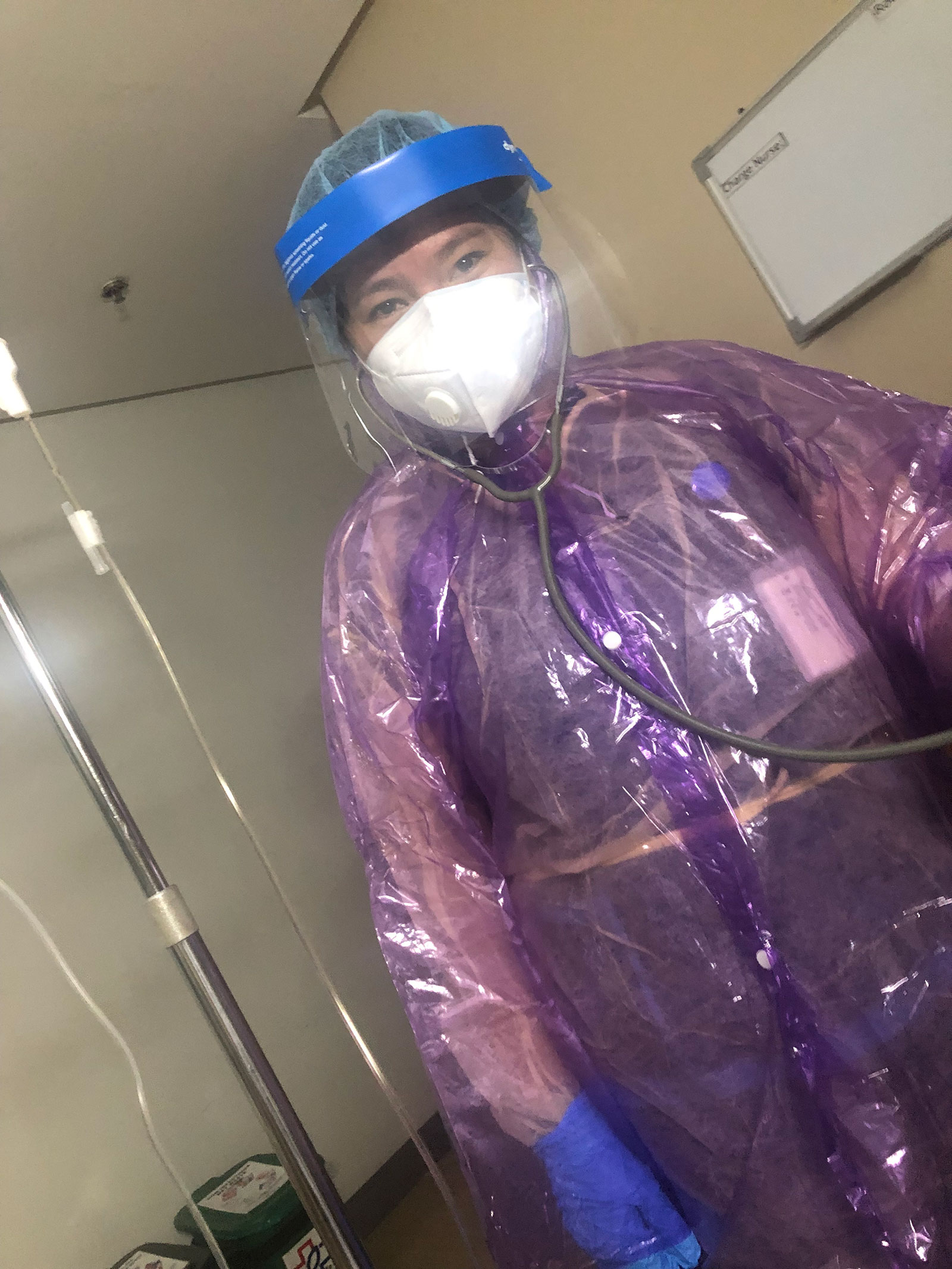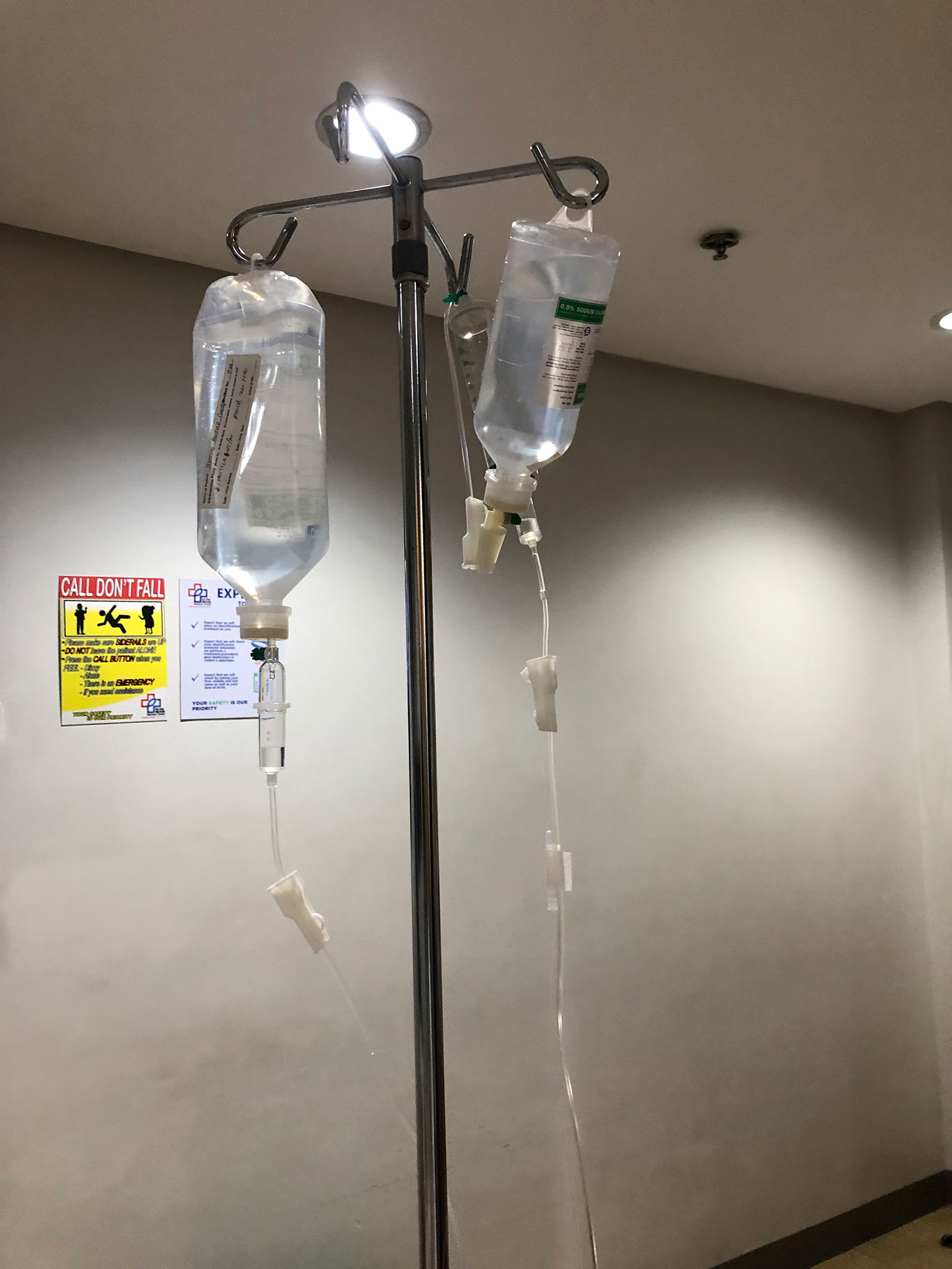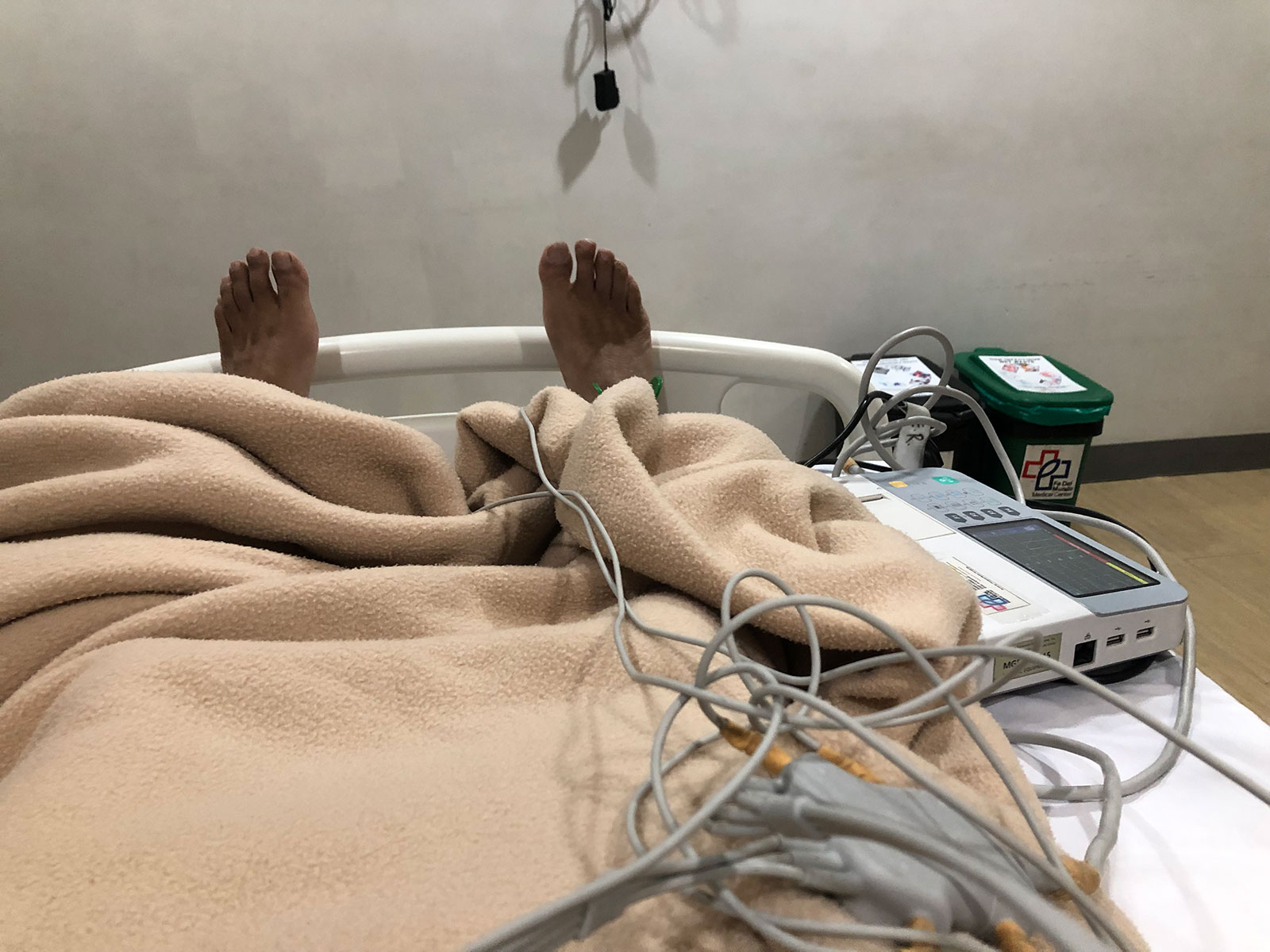We use cookies to ensure you get the best browsing experience. By continued use, you agree to our privacy policy and accept our use of such cookies. For further information, click FIND OUT MORE.
APRIL 12, 2020
Those like me who recover from COVID-19 experience a twist of fate. From being in isolation and feeling caged, we are set free by the antibodies in our blood. We can now walk around an infectious world and actually touch infected people with hardly any risk of being re-infected; we also cannot infect others.
It’s like we were gifted with an amulet, an anting-anting, Darna’s magic white stone.
But what it really is, is the magic of our immune systems. When the coronavirus entered our bodies, our immune systems were robust enough to fight back, creating soldiers in our blood called antibodies that counter attacked the alien virus until it was destroyed.
Those antibodies stay in our blood — for how long science still does not know, but for at least a few months and perhaps years – and stand guard against future infections.
These same antibodies can be called upon to save others, transferred through the blood to those critically ill with COVID-19, giving them a fighting chance.
This amulet is an accidental gift that can keep giving.
Unfortunately, there are few of us who have recovered enough to provide this gift.
I am in line to donate my blood, but only after I get medical clearance. But already doctors on behalf of gravely ill patients have appealed to me and offered to go to my home to seek my consent. I can understand the desperation. As far as I know, only a handful of recoverees so far have been able to donate.
It will be impossible to pay back all the frontliners who helped save our lives, but this is a way to pay it forward. It is a small price for all survivors to pay to see the sun again.
As a journalist of three decades, I have never been in a position to directly save lives.
Unlike doctors, nurses, firemen and soldiers, scribes are duty-bound to just observe, ask questions and listen. The information we gather can empower others to save themselves. But we do not do battlefield surgery.
As a victim of this virus, I can save lives by simply lying down while doctors and nurses extract my blood.


There are also less dramatic ways survivors can add value to society.
The same antibodies enable us to walk safely in a dangerous world, performing important activities that would be very risky for others. As a journalist, I can do face to face interviews again, cover the war front inside hospitals, and even interview patients. Or I can simply buy food for others without worry.
But I need to be authorized to do so. Survivors need proof that they are immune and can’t harm others.
That is why it’s been proposed in other countries to give survivors immunity passports, or a kind of gatepass or certificate that will enable us to legally cross checkpoints and barricades, or travel to the next province. In the Philippines, of course, that could lead to a rash of forgeries just so unqualified people could taste this form of parole.
But there are still so few of us that all our names can be officially published (there are only 201 of us, according to the Department of Health's last count), easily accessed online at any checkpoint.

Lest survivors get too smug or complacent, the unknowns about this disease prevent scientists from declaring with absolute certainty that survivors cannot be reinfected. But in a world rife with dangers long before COVID-19, nothing is risk-free.
“I have not seen any data that is convincing that reinfection occurs,” says Dr. Angela Rasmussen, a virologist at Columbia University.
In the age of lockdown, newly immune survivors can be the vanguard workforce, helping jumpstart the economy and performing essential services without fear.
We can comfort the dying, attend funerals, and hug the loved ones left behind.
We can remind people of what their former lives were like, setting a goal and giving them the strength to keep enduring quarantine and resist the temptation to escape lockdowns.
Most of all, survivors are proof that this fearsome disease can be beaten. The prize is not just survival, but freedom.